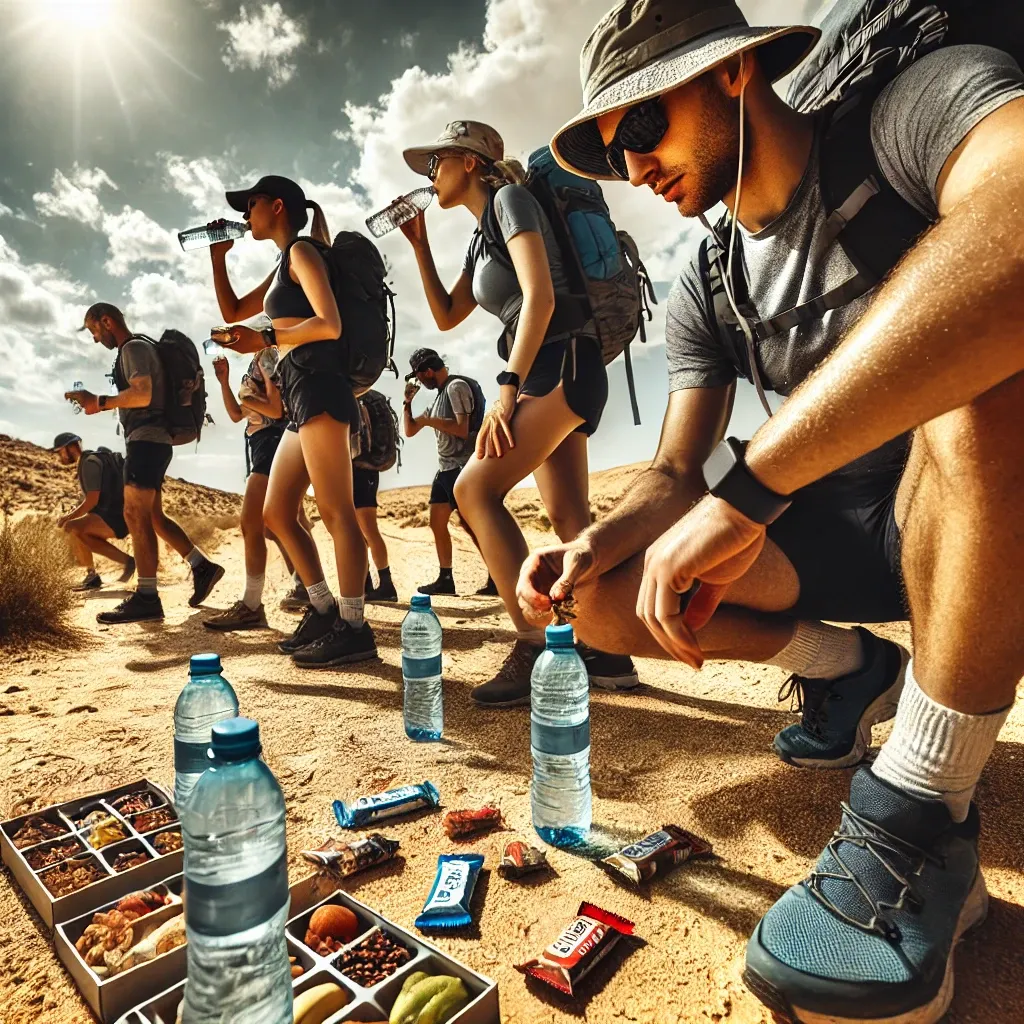Before the Effort: Preparing the Body
Your diet should be tailored to the upcoming prolonged effort. Marion Leroux, a naturopath in charge of nutrition at the Rose Trip trek, advises starting to build glycogen stores between one week and 72 hours before departure. This involves maintaining your usual dietary balance while increasing carbohydrate intake. Foods rich in low glycemic index glucose, as well as fruits, seeds, and vegetables, are recommended for replenishing minerals and micronutrients. For instance, incorporating quinoa, sweet potatoes, and fruits like apples and oranges into your diet can be beneficial.
She also recommends consuming cold-pressed oils and limiting fatty meats, fats, sauces, and acidic foods like cheese and alcohol, which can dehydrate the body.
A few hours before departure (3 to 4 hours), a final meal that is easy to digest, low in fiber and fat, is advised. For example, a bowl of rice with steamed vegetables and a bit of grilled chicken would be ideal. Just before departure, a small dose of low glycemic index carbohydrates, such as unsweetened applesauce or a banana, can be consumed.
During the Effort: Maintaining Energy
During the effort, it is crucial to eat in small quantities but regularly. Sports doctor Maguy Casamajor recommends consuming slow-digesting carbohydrates and sugars throughout the exercise. For example, pasta, rice, cereal bars, or bread are good choices. These foods help maintain a constant energy supply without overloading the digestive system.
Liquid foods are particularly digestible and effective for providing quick energy. Fresh and dried fruits, as well as protein intakes of 20g/hour, can be useful. BCAAs (Branched-Chain Amino Acids) or Peptopro (Protein Hydrolysate) are recommended, along with protein bars.
After the Effort: Replenishing Stores
After a day of intense physical activity, it is important to keep glycogen stores replenished and to consume proteins. Besides low glycemic index carbohydrates, consuming between 80 and 100g of fish or meat, or two eggs, is advised. A vegetable soup to replenish mineral stores, nuts like hazelnuts and almonds, and fruits and fruit juices, are also recommended to restore vitamin and mineral levels.
Hydration: A Constant Priority
Regardless of the timing – before, during, or after the race – it is essential to stay well-hydrated, especially in hot weather. Experts recommend drinking small, regular sips rather than large amounts of water at once to ensure continuous and effective hydration.

